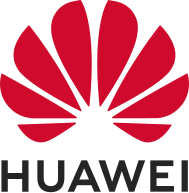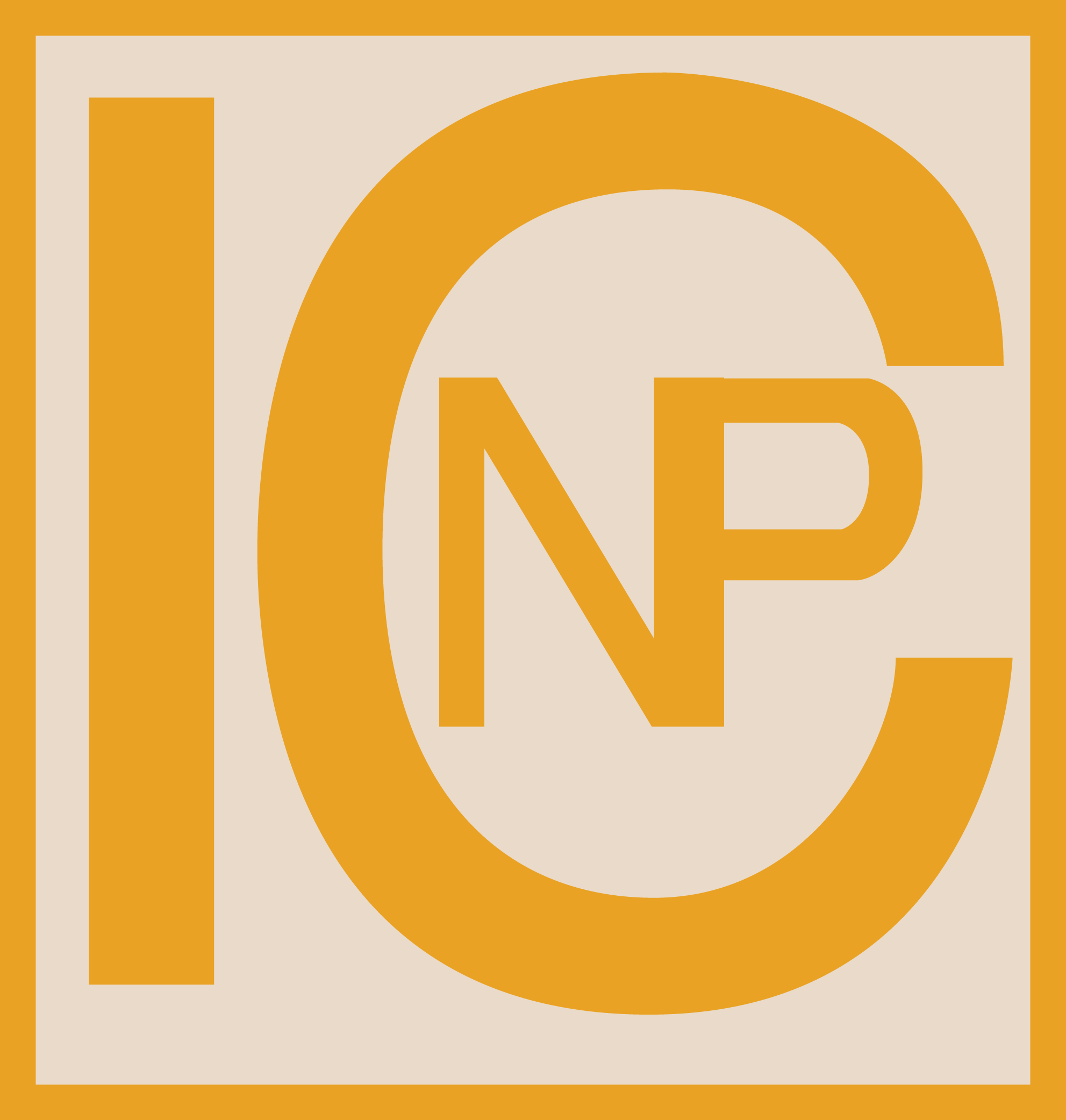Call for Papers
The 33rd IEEE International Conference on Network Protocols (ICNP 2025)
Seoul, South Korea, September 22-25, 2025 Follow @IEEE_ICNP
![]()
The IEEE International Conference on Network Protocols (ICNP), is the premier conference covering all aspects of network protocol research, including design, analysis, specification, verification, implementation, and performance. ICNP 2025, organized by KAIST and Seoul National University, will be held in Seoul, South Korea, on September 22-25, 2025
Scope
The conference is soliciting paper submissions with significant research contributions to network protocol research. Both experimental studies and formal investigations are equally welcome. Topics traditionally of interest include, but are not limited to:
- Applying AI/ML to improve networks
- Network protocols for improving AI/ML
- Blockchain, distributed systems, network aspects of reliable systems
- Data center and cloud networking
- Host networking
- Next-generation network architectures
- IoT networks
- Measurement, monitoring, and troubleshooting
- Network management
- Network virtualization
- Programmable networks
- Quantum networking
- Routing and load balancing
- Security and privacy, applied cryptography for supporting network functions
- Software-defined networking
- Testing and verification
- Theoretical aspects, analysis, network algorithms
- Transport and congestion control
- Wide-area networks
- Wireless networks, including cellular, satellite, and sensor networks
Authors who are unsure whether or not their submissions might fit the scope of the conference are welcome to contact the Program Committee Co-Chairs.
General Chairs
Dongsu Han
(KAIST, South Korea)
Song Min Kim
(KAIST, South Korea)
Kyunghan Lee
(Seoul National University, South Korea)
Technical Program Chairs
Chan Mun Choon
(NUS, Singapore)
Adrian Perrig
(ETH Zürich, Switzerland)
Please direct any questions to the program co-chairs.
Important Dates
| Title / Abstract registration: | May 9, 2025 (AoE) |
| Full paper submission: | May 16, 2025 (AoE) |
| Rebuttal: | July 7-10, 2025 (AoE) |
| Notification of acceptance: | July 25, 2025 |
| Camera ready version: | August 18, 2025 |
Paper Formatting
Paper submissions should adhere to the IEEE Conference formatting requirements using the templates available here, and should not exceed 10 pages excluding references and well-marked appendices. It is the authors' responsibility to produce readable submissions that comply with the formatting constraints. Violating the formatting requirements to squeeze in additional materials will result in a submission being returned without being reviewed. The authors who have developed software or collected data for the paper are encouraged to release their artefacts and describe them in the submitted paper. To preserve anonymity, the artefacts should only be publicly released upon paper acceptance.
Submission and Anonymity Policy
Papers submitted to the conference will be reviewed through a double-blind review process, where the identities of the authors are withheld from the reviewers (and that of the reviewers from the authors). Achieving this goal requires some care to, on the one hand, preserve the anonymity of your submission, and on the other hand ensure proper coverage of related past work, including your own. While this requirement may seem challenging, the few basic steps listed below will go a long way toward achieving the desired outcome:
- Remove all authors' identifiers, e.g., names, emails, and affiliations, from the title page.
- Remove acknowledgments of and identifiers of funding sources.
- Use anonymous names for your files, as source file names are often embedded in the final output you generate, and therefore accessible as comments.
- When referring to your own related work, refer to it in the third person as you would with any other related work by another author.
Besides anonymizing your submission, double-blind reviewing also imposes additional requirements on both authors and reviewers. Specifically, while it is permissible for authors to give local talks on their work and release their paper on a non-peer-reviewed location, e.g., an institutional repository or even arXiv, care should be exercised to limit public exposure as much as possible. This requirement includes refraining from advertising the work on mailing lists and public forums, and in general limiting as much as possible the odds that program committee members be exposed to the work and the authors’ identity. Conversely, program committee members will be advised to neither actively seek to “reverse engineer” the authors’ identity, nor to directly share with other program committee members any such information they may have acquired. All questions regarding possible breaches of the anonymity covenant that underlies the double-blind review process will be adjudicated by the Program Committee Co-Chairs. All papers will be provisionally accepted, and the final acceptance of any paper will be subject to shepherding by a member of the Program Committee.
Submission and Plagiarism Policy
Papers must present original contributions and can neither be previously published nor under review by another conference or journal. Papers containing plagiarized materials will be subject to the IEEE plagiarism policy and possible penalties and will be rejected without being reviewed.
Rebuttal Phase
New this year is a rebuttal phase, where authors will have the opportunity to respond to the preliminary reviews. With the ICNP review process being guided by area chairs, the rebuttal will guide the area chair to better evaluate the reviews - thus ensuring a high-quality reviewing process.
Best Paper Award and Fast-Track Journal Publication
One of the accepted papers will be selected for the Best Paper award and will be fast tracked to the IEEE/ACM Transactions on Networking, with a streamlined journal review process.
Presentation and Registration Requirements
ICNP 2025 will be held physically in person in Seoul, South Korea. IEEE ICNP requires that at least one of the authors of any accepted paper must register for the conference at the full rate and be available to present the paper at the conference. Any paper that is not presented by an author of the paper will be withdrawn from the proceedings and thus also from IEEE Xplore. Any exceptions to this process because of emergencies and governmental restrictions will have to be explicitly approved by, and coordinated with, the TPC Co-Chairs before the beginning of the conference.





